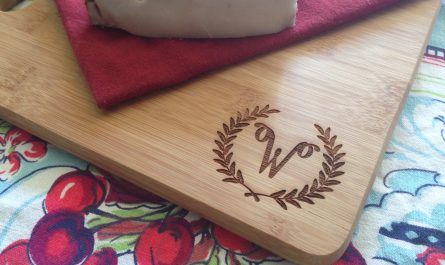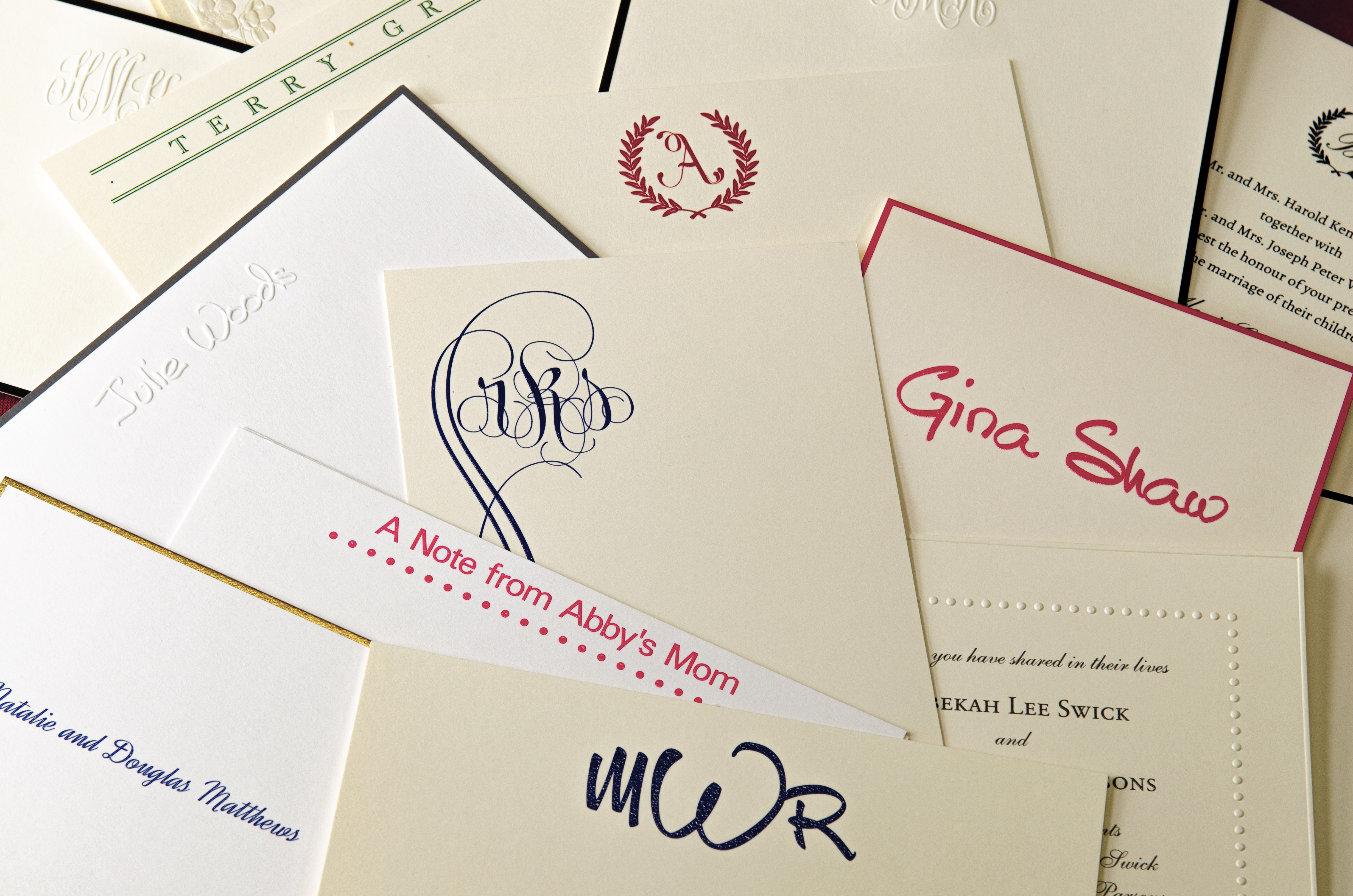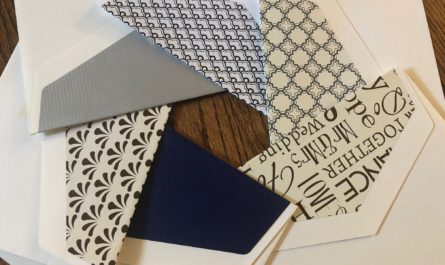I recently read a book by an expert packed with helpful information that helped me understand a complicated topic that I craved to understand. But one thing kept bothering me: grammar mistakes riddled the book. I still valued the information and the writer for his expertise, but each time a grammar mistake popped up in the book, I grimaced. The writer made basic mistakes that blemished his credibility in my mind. Careless grammar mistakes may mar the message you are trying to send. It’s human nature to notice and to judge writers on their grammar. And if you’re writing a future employer, client or some other high-stakes relationship, it’s important to put your best foot forward. Here are three basic grammar mistakes to avoid.
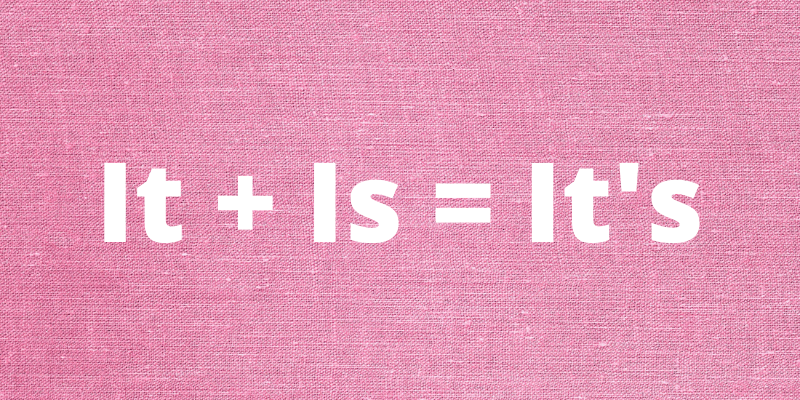
Grammar Mistake #1: It’s vs. Its
Confusing “Its” with “It’s” is is a common mistake, and one that is easy enough to proofread. Here, the apostrophe does not indicate possession; it indicates a contraction of “it” and “is.” Use an apostrophe to replace the second “i.” Here’s an example of the correct usage: “It’s so important that I tell you I love you.” On the other hand, “Its” is the possessive form of it, like his and hers, which, as you see, also don’t need an apostrophe. “I wish you could see my wild blue indigo blooming–its flowers are spectacular spikes of blue and lavender.” If you want more explanation, visit Merriam Webster.
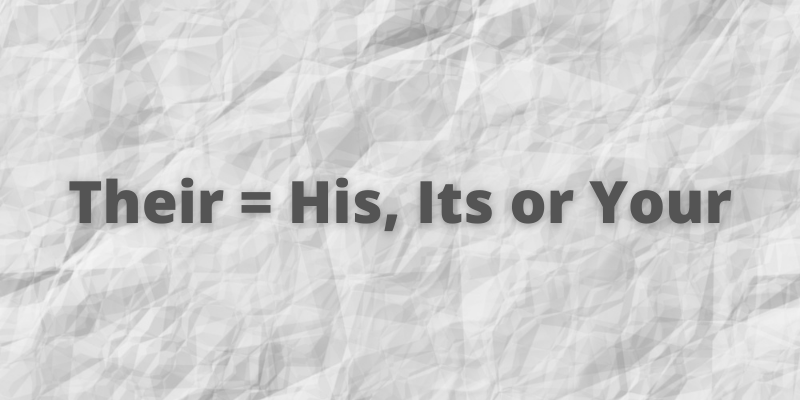
Grammar Mistake #2: Their vs. There
Another common mistake is to confuse the possessive adjective “Their” with the word “There.” “Their” works like the word “Its” does, above, to indicate that something belongs to something. “The flowers opened their petals.” “My cousins got their vaccines last week.” On the other hand, “There” has a lot of different grammatical uses, but the word generally indicates a location. “There is a lovely pond behind my house.” “We went there to see a movie in a real cinema for the first time in months.” Looking for a deeper explanation? Visit Grammarly Blog.
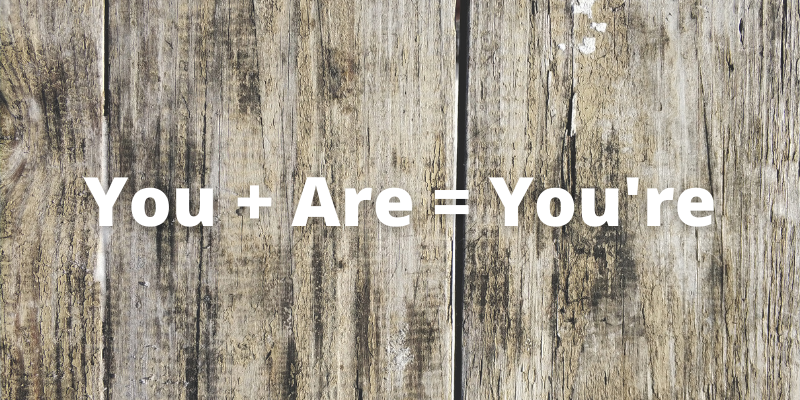
Grammar Mistake #3: Your vs. You’re
Finally, people often confuse “Your” and “You’re.” While they sound alike, “You’re” is a contraction of “You” and “Are.” The verb is built in. “You’re going to get a lot of presents next week for your graduation! Do you have enough stationery to write thank you notes?” On the other hand, “Your” is another possessive adjective, like “Its” and “Their.” Here’s an example: “Your father is going to be so surprised that we are planning this big bash on the sly.” Want to learn more? Read Vocabulary.com.
So there you have it. Next time you sit down to write a letter or short note on your best stationery, give some attention to these commonly confused words. The stakes may not seem high, but if you’re writing a thank you note for a job interview, communicating with a new client, or writing to your future mother-in-law, you’ll want to make your best impression.

